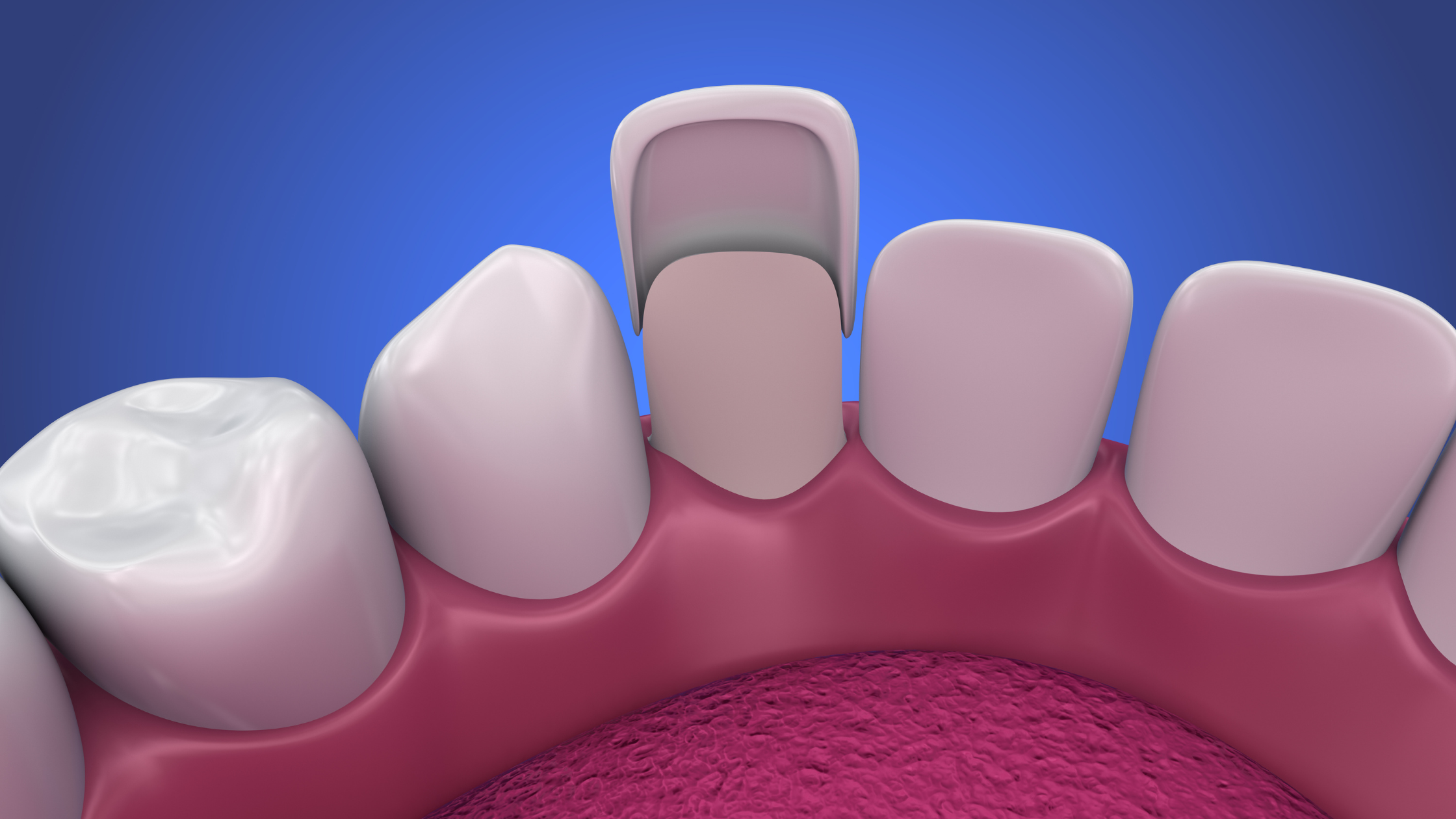Are you considering getting dental veneers but unsure about the cost? In this article, we will break down the factors that affect the cost of veneers, provide the average cost, and discuss any additional expenses you should consider.
We will also explore payment options and insurance coverage, helping you make an informed decision. Stay tuned to find out if dental veneers are worth the investment for you. If you have decided to get dental veneers, you can visit Hills Dental & Implant Centre or contact them via email or phone to schedule an appointment
Key Takeaways
- The cost of dental veneers can vary depending on factors such as the type of veneer chosen (porcelain, composite, lumineers), durability, maintenance needs, and location of the dental practice.
- The average cost of dental veneers ranges from $250 to $2,500 per tooth, depending on the type of veneer.
- Additional costs to consider include the possibility of needing alternative veneer options, maintenance requirements, and potential future replacement costs.
- Payment options and insurance coverage should be explored, including dental veneer financing options, insurance limitations, and utilising flexible spending accounts or payment plans to make the cost more manageable.
Factors Affecting Veneer Costs

The cost of dental veneers is influenced by several factors. One of the primary factors is the type of dental veneer chosen. There are different types of veneers available, such as porcelain veneers, composite veneers, and lumineers.
Porcelain veneers are known for their durability and natural appearance, but they tend to be more expensive compared to other options. On the other hand, composite veneers are more affordable, but they may not last as long as porcelain veneers.
Additionally, the lifespan of dental veneers also affects the cost. Porcelain veneers have a longer lifespan, typically lasting 10 to 15 years, while composite veneers may need to be replaced more frequently, usually every 5 to 7 years.
The longevity of the veneers can impact the overall cost, as more durable options may require less maintenance and replacement over time. It’s essential to consider these factors when determining the cost of dental veneers, as they play a significant role in the final price.
Average Cost of Dental Veneers
When considering dental veneers, you may be wondering about the average cost. The cost of dental veneers can vary depending on several factors, including the type of veneer and the location of the dental practice. Here are some key points to help you understand the average cost range and types of veneers available:
- Porcelain Veneers: Porcelain veneers are the most common type of veneer and tend to have a higher cost range. On average, porcelain veneers can cost anywhere from $800 to $2,500 per tooth.
- Composite Veneers: Composite veneers are a more affordable option compared to porcelain veneers. The average cost range for composite veneers is between $250 and $1,500 per tooth.
- Lumineers: Lumineers are a brand of ultra-thin porcelain veneers. They’re more expensive than traditional porcelain veneers and can cost around $800 to $2,000 per tooth.
- Emax Veneers: Emax veneers are made from a high-strength ceramic material. They’re known for their durability and natural-looking appearance. The average cost range for Emax veneers is between $800 and $2,500 per tooth.
It’s important to note that these are just average cost ranges and the actual cost may vary depending on your specific dental needs and the expertise of the dentist. It’s recommended to consult with a dentist to get an accurate cost estimate for your individual case.
Additional Costs to Consider
Now let’s delve into the potential additional costs associated with dental veneers. While dental veneers can be a great investment for improving your smile, it’s important to consider the potential additional costs that may arise.
One additional cost to consider is the possibility of needing an alternative to traditional dental veneers. While porcelain veneers are the most common and durable option, they can be quite expensive. However, there are alternative options such as composite veneers that are more affordable but may not last as long. It’s important to discuss these alternatives with your dentist and weigh the pros and cons before making a decision.
Another cost to consider is the maintenance of dental veneers. Veneers require regular dental check-ups and cleanings to ensure their longevity. These visits may incur additional costs, especially if you need any repairs or adjustments to your veneers.
Additionally, it’s important to consider the potential cost of replacing dental veneers in the future. While veneers are durable, they aren’t permanent and may need to be replaced after several years. The cost of replacing veneers can vary depending on the material used and the complexity of the procedure.
Payment Options and Insurance Coverage
Considering the potential additional costs of dental veneers, it’s important to explore payment options and insurance coverage. Dental veneers can be a significant investment, but there are ways to make the cost more manageable.
Here are some payment options and insurance coverage factors to consider:
- Dental veneer financing: Many dental practices offer financing options to help patients pay for their veneers over time. This allows you to spread out the cost into affordable monthly payments. Be sure to inquire about the interest rates and any additional fees associated with financing.
- Dental insurance coverage limitations: Dental insurance may cover a portion of the cost of dental veneers, but it’s important to note that coverage can vary greatly. Some insurance plans may consider veneers to be a cosmetic procedure and therefore not provide any coverage. Others may cover a percentage of the cost, usually around 50%. It’s essential to check with your insurance provider to understand the limitations of your coverage.
- Flexible spending accounts (FSAs) or health savings accounts (HSAs): If you have an FSA or HSA, you may be able to use those funds to cover the cost of dental veneers. These accounts allow you to set aside pre-tax dollars for eligible medical expenses, including dental treatments.
- Personal savings or payment plans: If you don’t have dental insurance or prefer not to use financing options, you can consider using personal savings or setting up a payment plan with your dentist. Talk to your dental provider to see if they offer any payment plans to help make the cost more manageable.
Are Dental Veneers Worth the Investment?
To determine if dental veneers are worth the investment, you need to assess their long-term benefits and consider your individual dental needs. Dental veneers are thin, custom-made shells that are bonded to the front surface of your teeth, improving their appearance and enhancing your smile. One of the main benefits of dental veneers is their ability to improve the overall aesthetics of your teeth. They can correct a variety of cosmetic dental issues, such as discoloration, chipped or cracked teeth, uneven spacing, and misalignment. Veneers can also provide a natural-looking solution that’s resistant to staining, giving you a long-lasting and beautiful smile.
However, it’s important to note that dental veneers may not be the right choice for everyone. Some individuals may have dental conditions that require alternative treatments. For example, if you have severe tooth decay or gum disease, these issues need to be addressed before considering veneers. Additionally, if you have teeth that are severely misaligned or require orthodontic treatment, braces or aligners may be a better option to correct these issues.
Ultimately, the decision of whether dental veneers are worth the investment depends on your personal circumstances and goals. Consulting with a qualified dentist can help you determine the best course of action and explore alternative treatments if necessary.
Frequently Asked Questions
How Long Do Dental Veneers Typically Last?
Dental veneers typically last around 10-15 years. It’s important to maintain good oral hygiene and avoid habits like teeth grinding to prolong their lifespan. If veneers are out of your budget, alternative options like dental bonding or crowns may be considered.
Can Dental Veneers Be Covered by Dental Insurance?
Dental insurance coverage options for veneers vary. While some plans may cover a portion of the cost, others may consider them a cosmetic procedure and not provide coverage. It’s important to explore alternative treatments and discuss options with your dentist.
Are There Any Potential Risks or Complications Associated With Getting Dental Veneers?
There can be potential side effects and risks associated with getting dental veneers, such as tooth sensitivity and gum irritation. However, there are alternatives to consider, such as dental bonding or teeth whitening.
Are Dental Veneers Reversible if I Change My Mind?
If you change your mind about dental veneers, they are not reversible. However, there are alternatives to veneers such as dental bonding or orthodontic treatments that can help achieve the desired results.
Can Dental Veneers Be Used to Fix Crooked Teeth or Gaps Between Teeth?
Dental veneers can be an option to fix crooked teeth or gaps. They are a cosmetic solution, but there are alternatives like braces or bonding. Pros include immediate results, but cons include irreversibility and cost.
